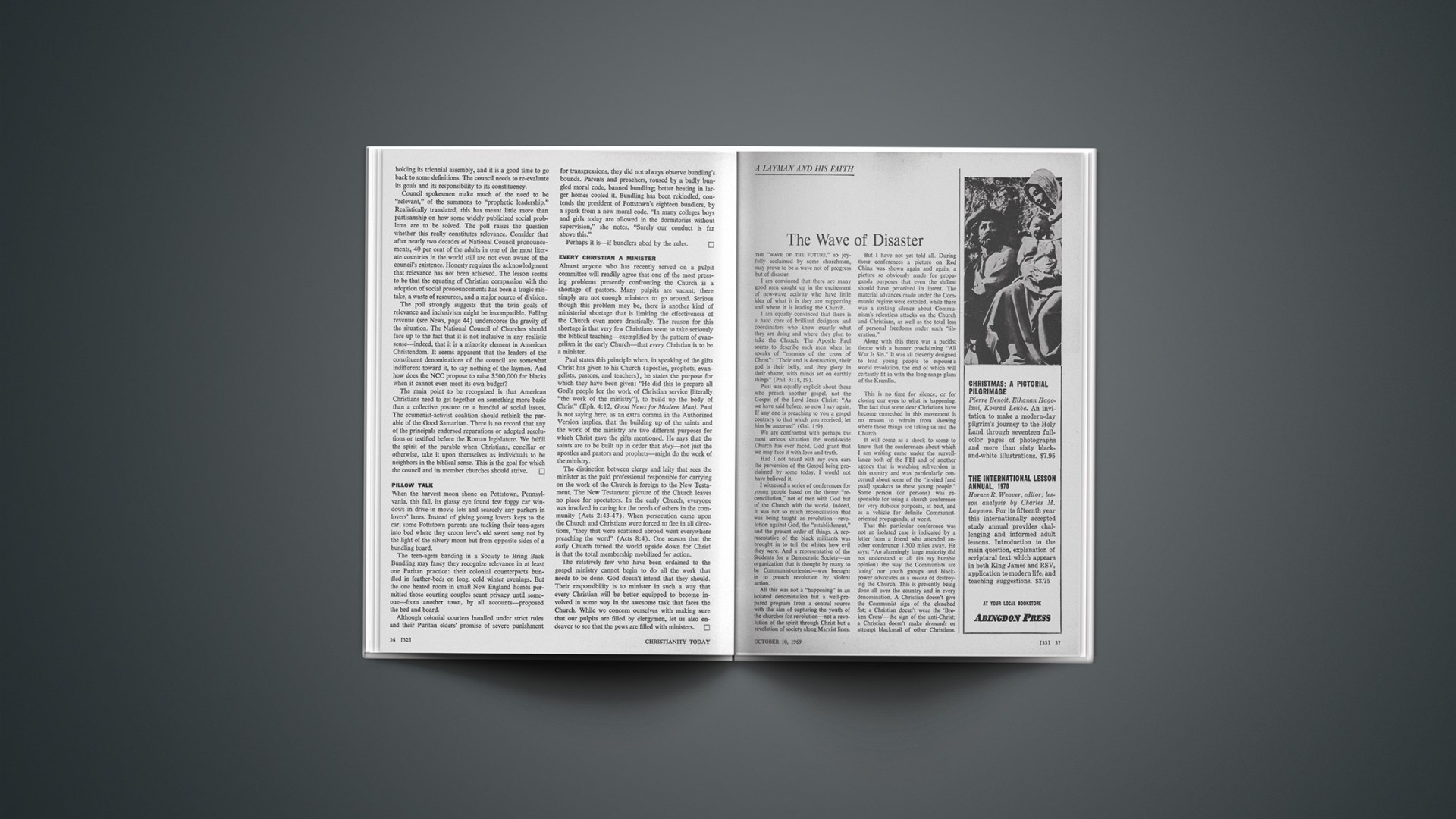“When I was twelve years old, my daddy took me to the circus—the greatest show on earth. There were clowns, elephants, and dancing bears, and a beautiful lady in pink tights flew high above our heads. As I sat there watching, I had the feeling that something was missing. I don’t know what. But when it was all over, I said to myself, is that all there is to the circus?…
“Then I fell in love with the most wonderful boy in the world.… One day he went away, and I thought I’d die. But I didn’t, and when I didn’t I said to myself, is that all there is to love?…
“I know what you must be saying to yourselves: ‘If that’s the way she feels about it, why doesn’t she just end it all?’ Oh, no, not me. I’m not ready for that final disappointment. ’Cause I know, just as well as I’m standing here talking to you, that when that final moment comes and I’m catching my last breath, I’ll be saying to myself:
“Is that all there is?
If that’s all there is, my friends, then let’s keep dancing.
Let’s break out the booze and have a ball,
If that’s all there is.”
That’s all there is to singer Peggy Lee’s new record. It’s a common question; no doubt at some time everyone wonders if life is worth its vicissitudes, if, in fact, routine has daily significance. Even for the affluent and the sophisticated, meaning and satisfaction are elusive elements that neither food nor booze, drugs nor fun can net. For “men whose portion in life is of the world,” another singer prayed in Psalm 17, “May their belly be filled with what thou hast stored up for them; may their children have more than enough; may they leave something over to their babes.” But for David himself, meaningfulness was something else: “As for me, I shall behold thy face in righteousness; when I awake, I shall be satisfied with beholding thy form.”










